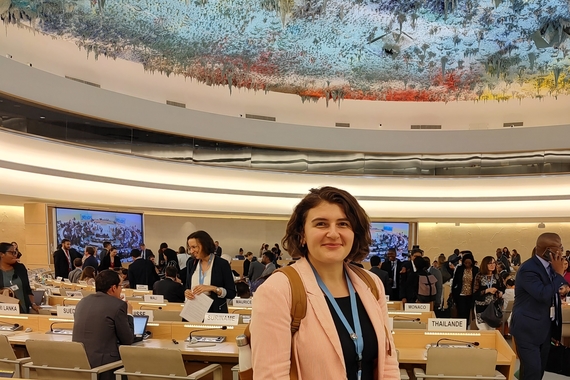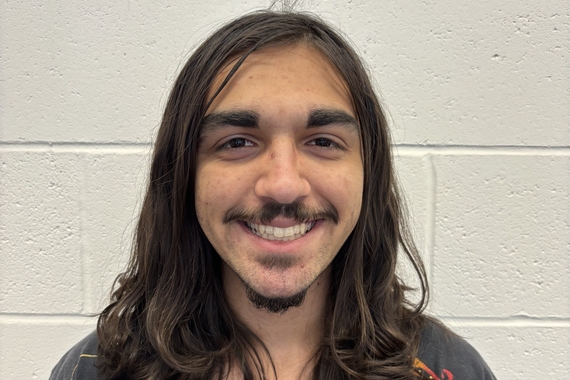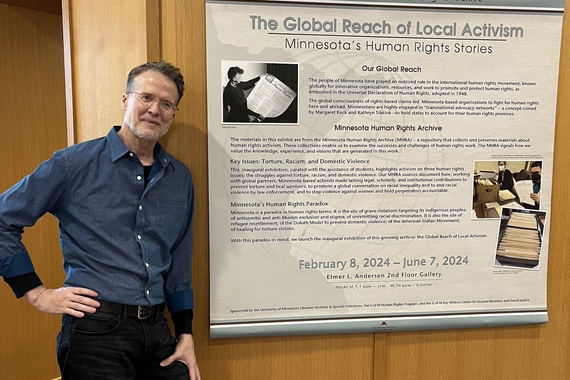Student Voice: Bloodshed and Injustice in Sudan
Last week, Sudan’s military forces abandoned talks with protestors and opened fire on a major sit-in camp in the nation’s capital of Khartoum, killing an estimated 31 people and wounding hundreds. As protestors fled, they were beaten by uniformed police and shot at with live ammunition. This brutal massacre came days after negotiations between protest movement leaders and the Transitional Military Council (TMC) on a 3-year transition plan to civilian rule failed. It seems that the TMC has scrapped all previous negotiations, as the military government attacked the camp and called for elections in 9 months.
Talks between movement leaders and the TMC began after Omar al-Bashir was ousted and arrested during a military coup on April 11, 2019 and charged over the killing of protestors, ending his rule of more than three decades. Omar al-Bashir was previously sought out on two warrants issued by the International Criminal Court (ICC) for crimes against humanity, war crimes, and genocide. With al-Bashir’s departure, the TMC took control of the country and engaged in talks with the people for a transition to civilian rule until the recent massacre against the sit-in demonstrations held against the TMC.
The TMC has imposed a media blackout, blocking all internet to prevent access to social media, and ceasing all possible phone traffic to counter efforts of spreading information of the crackdown and basic updates of Sudan. As a result, the Sudanese Professionals Association (SPA) organized a mass civil disobedience campaign to protest the violence, shutting down banks, businesses, grocery stores and leaving the streets deserted. The military regime has since begun “rounding up essential employees at gunpoint” to force them back to work.
As of June 13, the confirmed death toll in Sudan has climbed to 129, with over 700 individuals injured as military personnel roam the streets and raid homes of hiding civilians. Bodies of protestors were dumped into the Blue Nile River, with reports of several bodies being weighed down with rocks to hide evidence of killings. Sudanese doctors have also reported over 70 cases of rape, and have expressed severe concern that victims are not seeking medical treatment due to the fear of insecurity and military patrols in the streets of Khartoum. The Rapid Support Forces (RSF), a government supporting militia responsible for the attack on protestors and dispatched by the TMC, continues to surround all hospitals in Sudan, hunting for protestors and forcing hospitals to expel those they deemed involved within protests.
Many people have taken to media to show support for Sudan, raising awareness online by sharing whatever information and footage they have of the RSF committing atrocities in Khartoum and spreading stories by trapped activists and demonstrators in Sudan. A Facebook fundraiser has been created for food and medicine to be sent to Sudan through the University of Khartoum Alumni Association in North America, and multiple Gofundme fundraisers have been made to raise Emergency Medical Aid funds for Sudan. In solidarity with Sudan, people have changed their profile pictures on several social media platforms to blue, a favorite color of a murdered protester as he attempted to protect two women.


